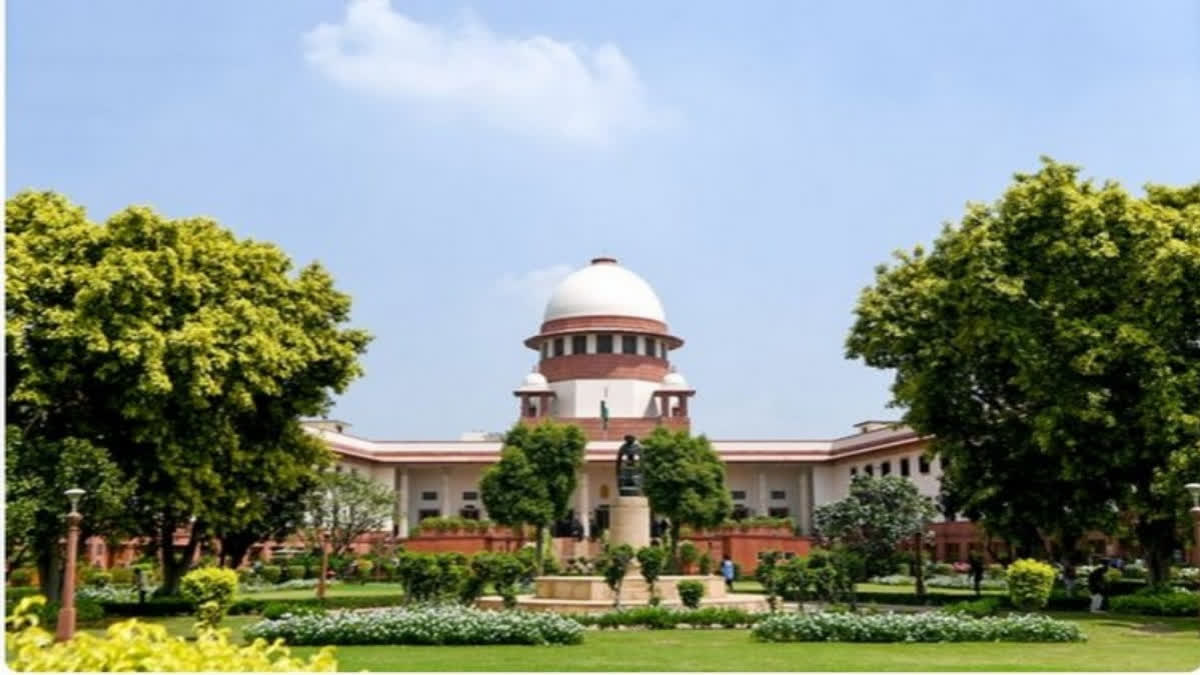New Delhi:A petition has been filed before the Supreme Court of India challenging the automatic disqualification of representatives of elected legislative bodies upon being convicted of any offense and sentenced to imprisonment for not less than two years as per Section 8(3) of the Representatives of the People Act, 1951 (1951 Act). The petitioner argues that a blanket disqualification, irrespective of the nature, gravity, and seriousness of the offenses, is against the principles of natural justice.
The petition first argues that Section 8(3) of the 1951 Act is ultra vires of the Constitution of India as it contradicts Section 8(1), Section 8A, 9, 9A, 10, 10A, and 11 of the 1951 Act. Section 8(3) restrains the members from freely discharging their duties cast upon them by the voters of their respective constituency, which is against the principles of democracy. It provides for a blanket automatic disqualification on the basis of the quantum of sentencing and imprisonment, which is self-contradictory and creates ambiguity as to the proper procedure for disqualification. The intent of the legislature while laying down the said 1951 Act was to disqualify convicted elected members who had committed serious or heinous offenses.
Moreover, the Code for Criminal Procedure, 1973 (CrPC) distinguishes the “Classification of Offenses” and categorizes offenses into cognizable and non-cognizable and bailable and non-bailable. The oeition argues the ground for disqualification should be specific under the CrPC and not in a blanket form. The present scenario provides a blanket disqualification, irrespective of the nature, gravity, and seriousness of the offenses, allegedly against the concerned Member, and provides for an “automatic” disqualification, which is against the principles of natural justice. Various convictions are reversed at the appellate stage, and under such circumstances, the valuable time of a member who is discharging his duties towards the public at large shall be rendered futile.
